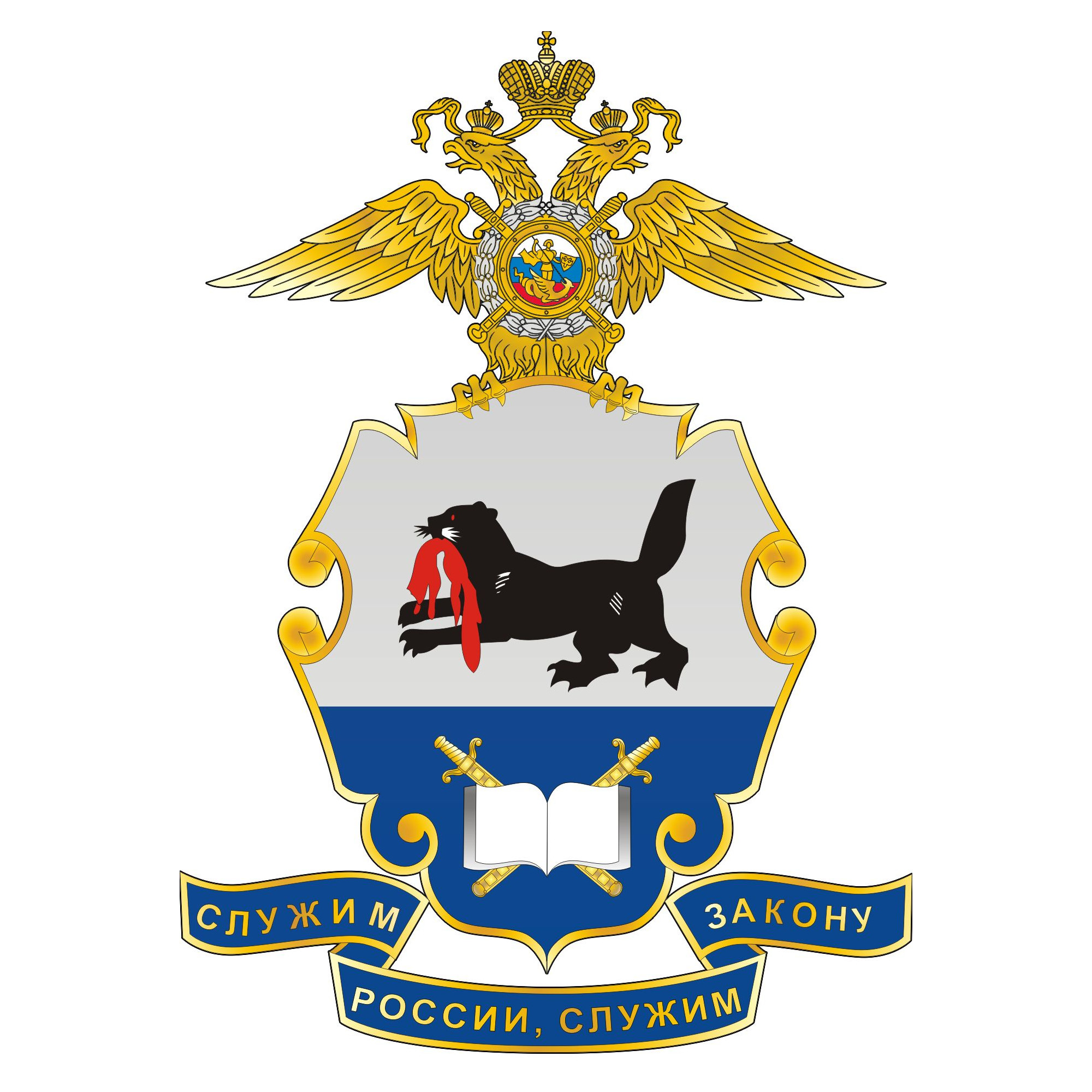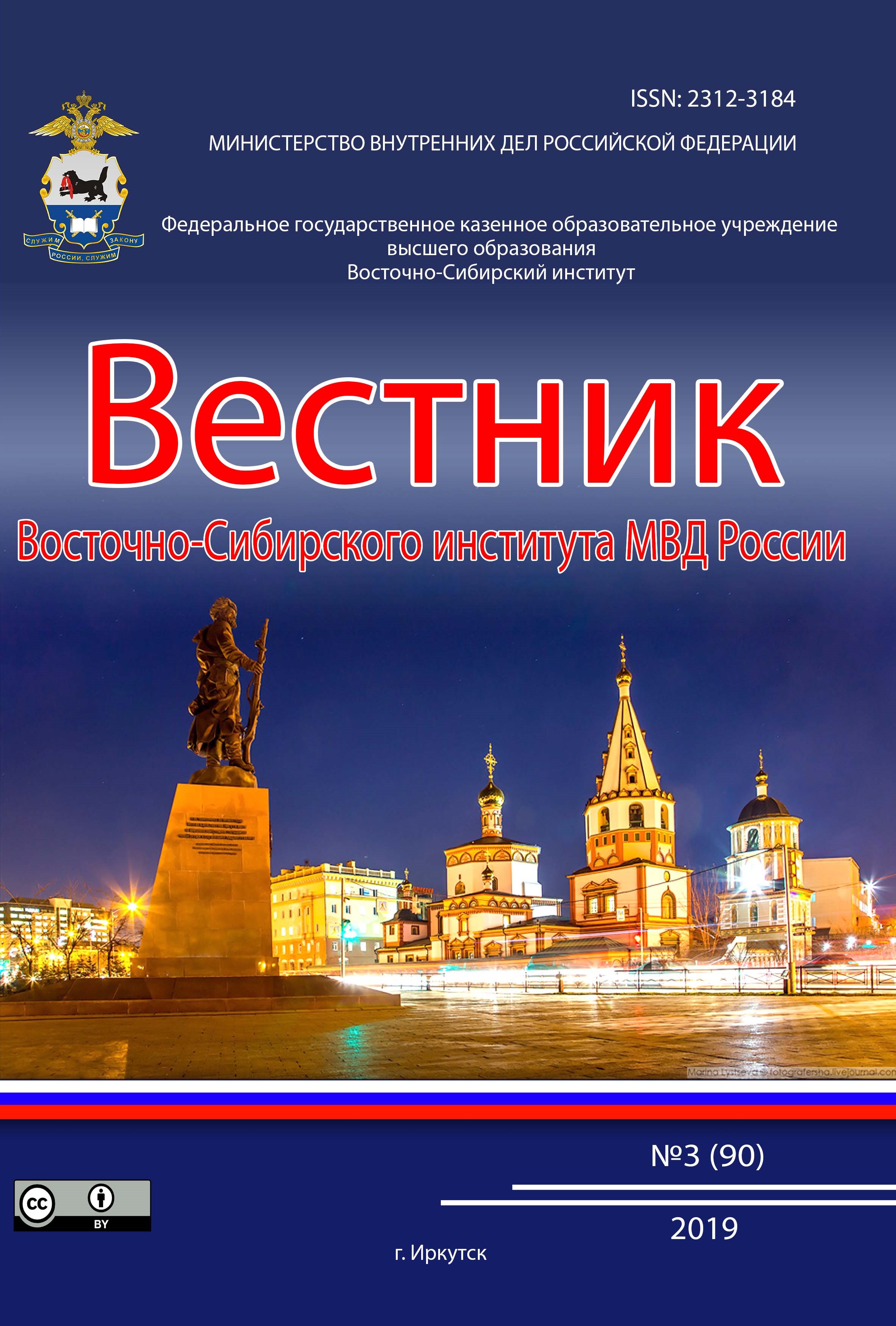from 01.01.1997 until now
Omsk, Russian Federation
Introduction: The article is devoted to the study of the importance of theoretical and legal principles as guiding principles for the implementation of criminal legal regulation. The principles are considered not in the context of limiting the activity of the legislator, but as legal ideas, adherence to which makes the criminal law fairer, encouraging compliance with its regulations, balanced from the point of view of taking into account the interests of the individual and the state, and also problem-free in specific political and socio-economic conditions . The principles are positioned as a guide for investigators and judges, providing a meaningful connection between the applied norms and the ideas contained in them. Methods and materials: the research is based on the dialectical universal method, and also includes methods of analysis, synthesis, induction, deduction, logical, formal-legal and systemic-structural. The practice and materials of the Constitutional and Supreme Courts of the Russian Federation were used. The Results of the Study: The connection between the principles of law and the doctrine is shown, their location at the same level of legal reality. The relationship between the general principle of legality and its criminal legal component is revealed. The importance of the doctrine as a source of law for the implementation of the principle of legality in its general legal and sectoral meaning is substantiated. The doctrine is characterized as a constant search for law, the formation of legal principles and the desire for their ideal implementation. Findings and Conclusions: The counterproductiveness of opposing the criminal law doctrine to objective law and the practice of its application has been proven. The close connection between these forms of the legal environment is manifested, on the one hand, in the involvement of legal ideas in legislative activity and judicial practice, on the other, in the understanding and acceptance by legal science of objective law and its conceptual judicial interpretation.
principle of legality; legal doctrine; public danger; sources of criminal law; criminalization of acts; qualification of crimes
1. Gilinsky Ya.I. Modern criminology about crime and counteraction to it // Criminologist. 2022. № 1 (38). pp. 4. 3‒7.
2. Syrykh V.M. General theory of law as philosophy, methodology, logic and sociology of law // State legal studies. 2020. № 3. pp. 20–22.
3. Martsev A.I. Crime: social and legal analysis: textbook. Omsk, 2012. 75 p.
4. Lopashenko N.A. Criminal policy. M., 2009. 579 p.
5. Alekseev S.S. Problems of the theory of law: in 2. volume. Sverdlovsk, 1972. 396 p.
6. Boshno S.V. The concept of legal doctrine // Law and modern states. 2022. № 2-3. pp. 35‒45.
7. Syrykh V.M. Leading legal doctrines of modern jurisprudence // Legal culture. 2023. № 2. pp. 88‒97.
8. Ershov V.V. Legal relations: emergence and regulation // Justice/Justice. 2022. T. 4, № 1. pp. 8–27.
9. Obrazhiev S.K. Problems of normative reflection of the system of formal sources of Russian criminal law // State and Law. 2017. № 5. pp. 51-59.
10. Minnikes I.A., Pirmaev E.V. Constitutional judicial interpretation // Academic legal journal. 2021. T. 22, № 4. pp. 297‒306.
11. Marchenko M. N. Theory of state and law: textbook. M., 2018. 636 p.
12. Ivanchin A.V. The real circle of sources of criminal law in Russia // Russian investigator. 2024. № 1. pp. 27–30.
13. Marchenko M.N. Sources of law: textbook. M., 2008. 760 p.
14. Ovchinnikov A.I., Dalgatova A.O. Legal doctrine as a source of law in the Russian Federation // Philosophy of Law. 2016. № 2. pp. 59‒64.
15. Borkov V.N. Assessment of motive when qualifying abuse of official powers // Criminal Law. 2023. № 3. pp. 20‒27.
16. Baytin M.I. The essence of law. (Modern normative understanding on the verge of two centuries). Saratov, 2001. 416 p.
17. Neshataeva T.N. On general principles of law and judicial interpretation // Journal of Russian Law. 2023. № 3. pp. 113–125.












